Mygeekscore: So, you’ve got a VPN—awesome! It is a secret tunnel of your internet traffic. The thing is that however, most VPNs are not configured to provide you with utmost privacy out of the box. Some simple adjustments will help you save a lot of money, no matter whether you are watching TV, working in a coffee shop, or simply surfing at home. I have compiled five important settings that I can use to secure my VPN and ensure that my data is secure. Let’s dive in!
1. Switch On the Kill Switch and Repair Your DNS.
Imagine this, you are connected to your VPN and you are entirely safe and suddenly it goes down in a few seconds. Your actual IP address would be revealed without the correct settings allowing your ISP or any other person to snoop on what you are doing. And that is where a kill switch comes in, it is an emergency brake that turns off your internet as a result of a breakdown in your VPN connection. This feature is provided most VPN apps but is usually disabled by default. Explore your options and turn that switch on. Trust me, it’s a lifesaver.
The other thing to verify is your DNS. Although you have a VPN, the ISP may still be able to identify the sites you are visiting provided your DNS queries are not encrypted. To address this, several VPNs provide their own DNS servers so that your browsing history remains hidden. One of yours does not, you may also change to something such as Cloudflare 1.1.1.1 that is incredibly privacy-oriented and does not trace you.
By the way, one more thing: turn off IPv6 in the network settings of your device. Many VPNs do not support IPv6 traffic properly and as a result, there is a risk that data will leak unencrypted. It is a little thing that can make a big difference.
2. Find an Appropriate Protocol (It’s Easier Than It Sounds).
Obviously, protocol may sound tech-speak but that is simply the way your VPN encrypts and transmits your information. The right one will help you to make your connection safer and faster. In case your VPN has WireGuard, then make the choice, it is contemporary, very safe, and will not slow you down. Otherwise, the alternative is a good backup with OpenVPN. Other VPNs also allow to select between UDP (fast, ideal for streaming) and TCP (more reliable, ideal in case of bad Wi-Fi).
Avoid outdated standards such as PPTP or L2TP, it is like a flip phone in 2025. Make sure your VPN is configured correctly, and you are using something modern, such as WireGuard or OpenVPN.
3. Use Multi-Hop to Get Next-Level Privacy.
Want to feel like a spy? Multi-hop (also known as double VPN) is a routing that directs your traffic through two VPN servers rather than one and it provides an additional level of encryption and is tough to track by anyone. It is ideal when dealing with delicate information such as work documents or personal information, whilst commuting. The catch? It may make it a little slower, so perhaps not Netflix marathons.
Other VPNs also allow you to combine your VPN with the Tor network to be even more anonymous. Most people would find it to be excessive but when privacy is of utmost priority it is worth the consideration. All you need to know is that it will slow your connection.
4. Scheduling Set It and Forget It.
We are all human, and we can easily forget to switch on our VPN before jumping on open Wi-Fi. That is an issue as any simple lapse of time can reveal your information. The feature of most VPN apps is that they automatically connect to your VPN when you enter an untrusted network, such as in a cafe or airport. Go to your settings and enable this one it is like hiring a bodyguard to your internet.
And when you are at it, turn on automatic updates of your VPN app. This keeps it updated with the most recent security patches, ensuring new threats never catch you. It will be one less thing to be concerned with.
5. Secure Your Systems and Networks.
It is incredible how well your VPN can conceal your internet traffic, but other devices on your network, such as your fancy wireless printer, can still leak information. There are VPN applications that allow you to block the local area network (LAN) to prevent this. It is a simple switch on your settings that prevents your VPN from being circumvented by malicious devices.
To have maximum peace of mind, make sure that you install your VPN on your router.
In this manner, all your gadgets at home including your phone, laptop and even your smart fridge use the VPN. It is not as difficult as it may sound, and numerous VPN services have simple instructions. Or, to make it easy, some vendors sell routers preconfigured with the VPN.
Your Privacy, Your Power
With these five settings, kill switch, DNS, protocol, automation, and device security, tweaking them can be done within a few minutes and it can substantially boost your VPN defense. This does not require a technological genius to accomplish, but rather a simple poke into the settings of your VPN application and a change to the following setting. It is worth the privacy you get on the internet. It is time to lock it down and go browsing!
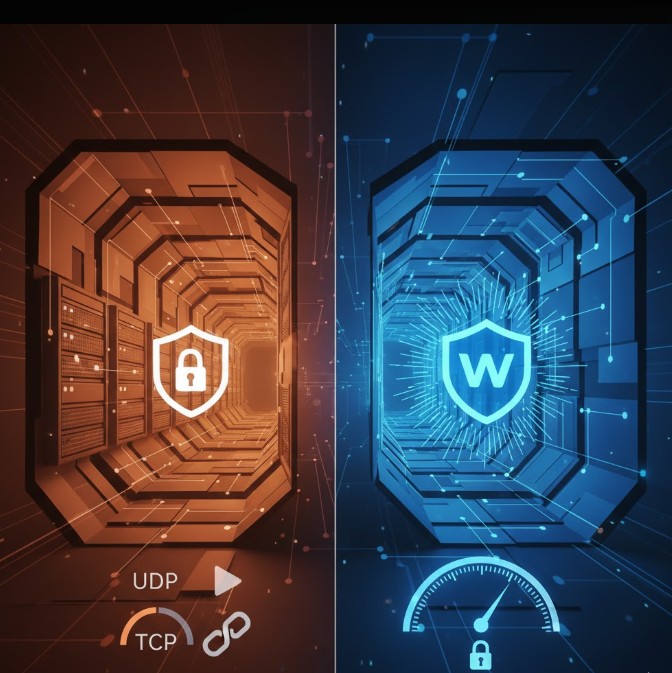

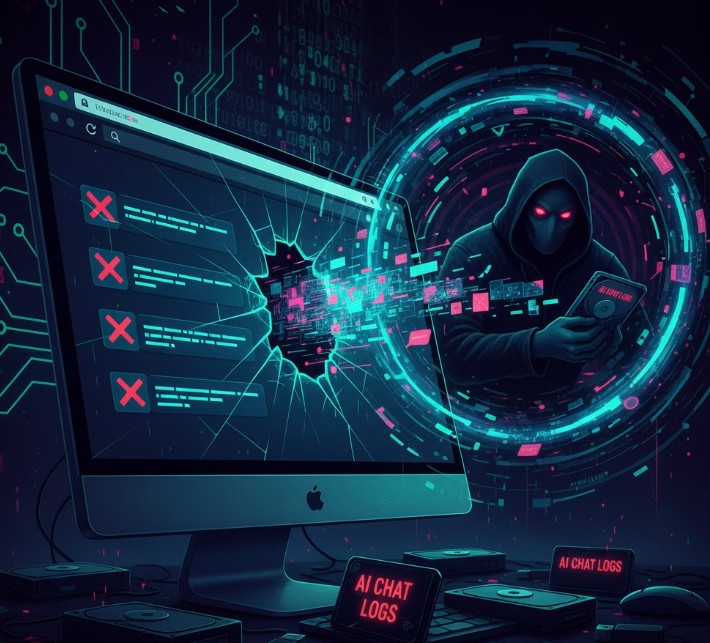

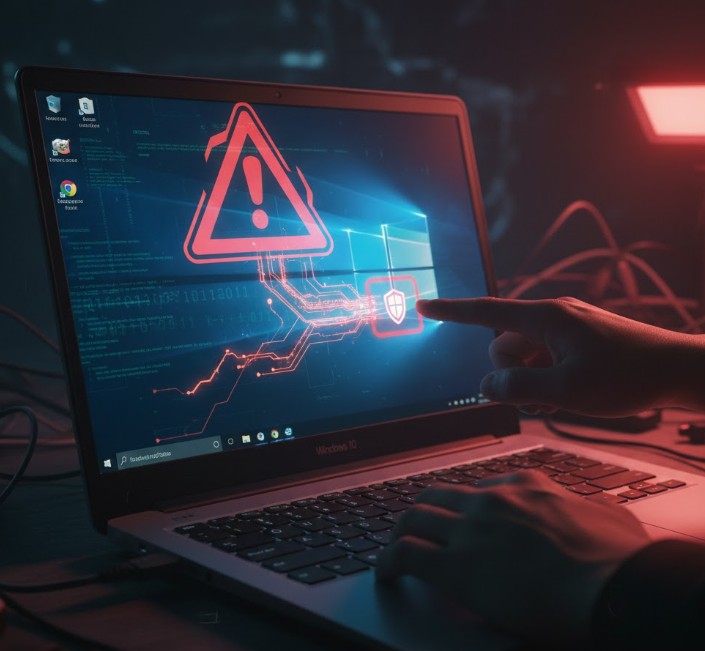
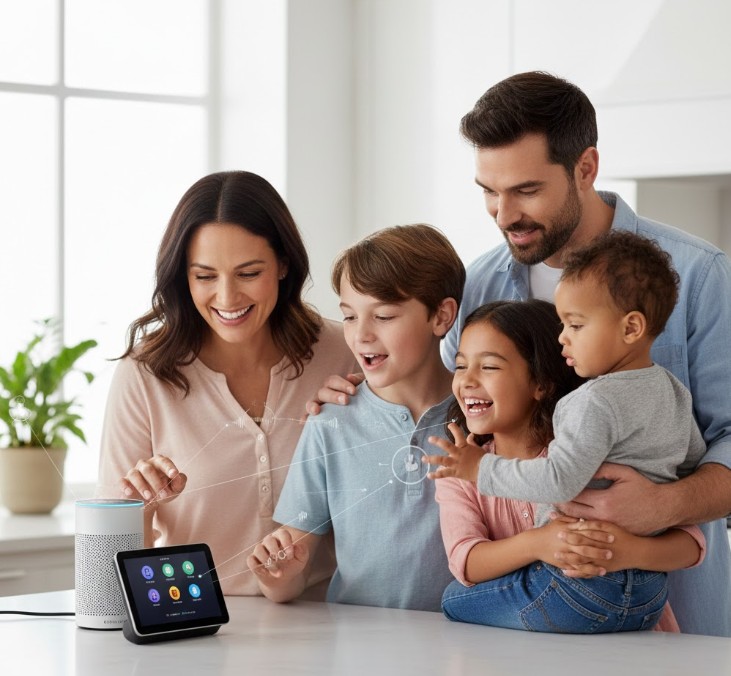
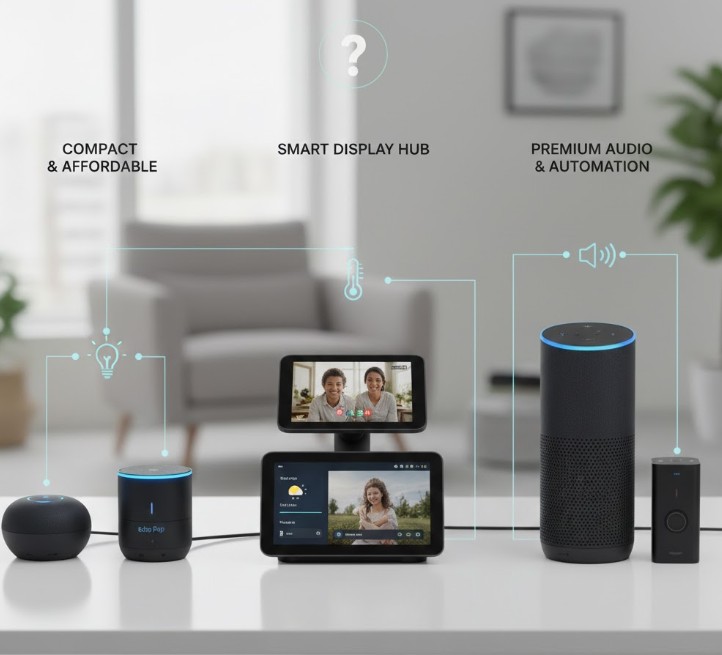
Leave a Reply